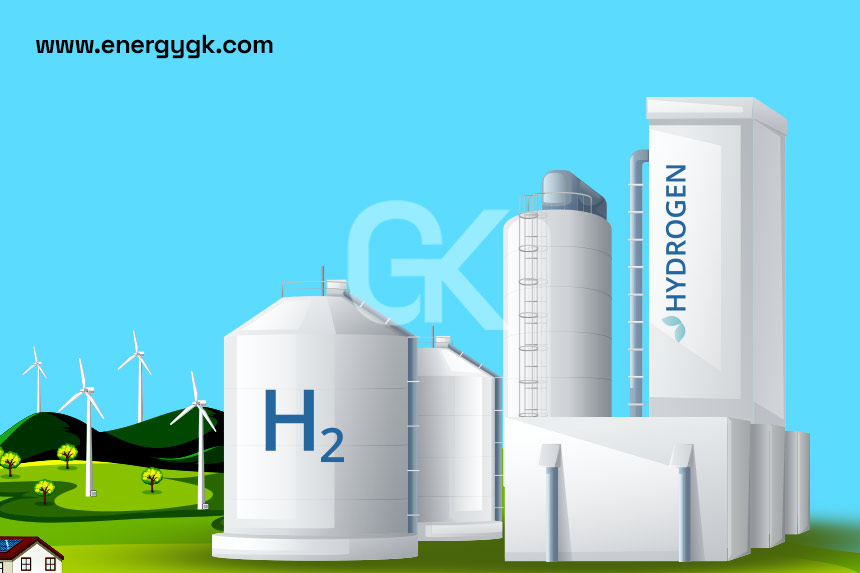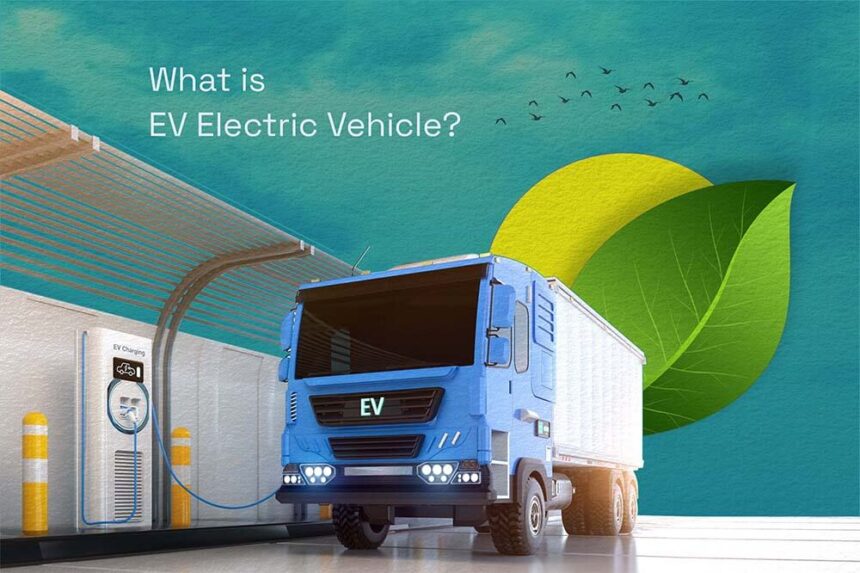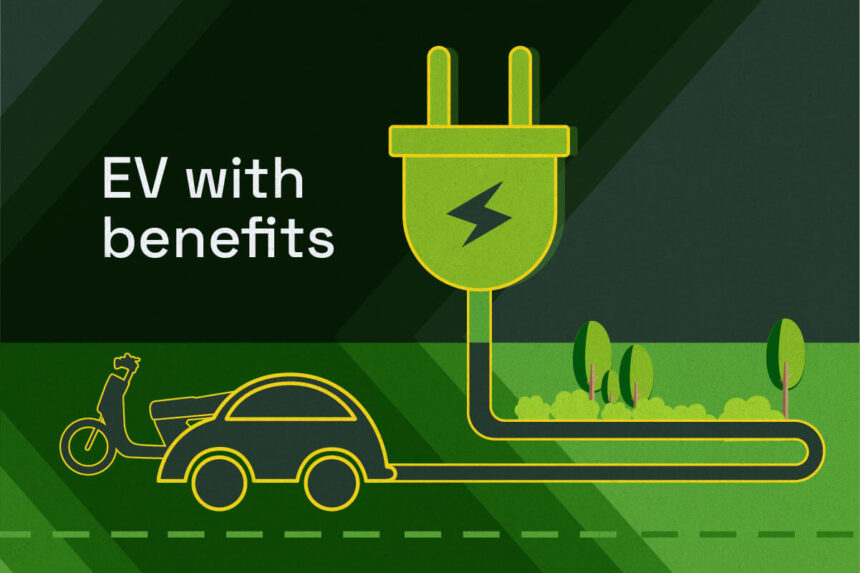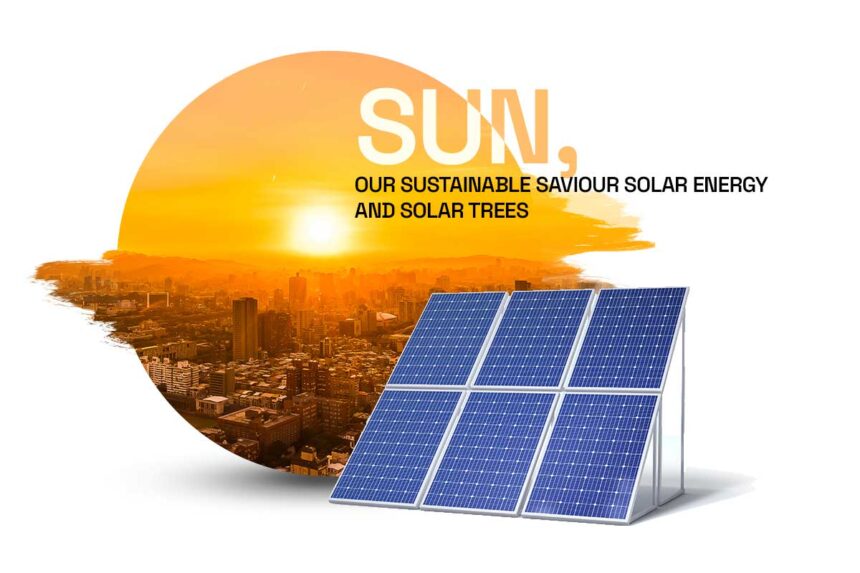The global electric vehicle (EV) revolution is in full swing and India is no different. India is in a unique position to capitalize on the potential of electric mobility as one of the fastest-growing economies with a growing emphasis on sustainable development. But there are many obstacles in the way of widespread EV adoption. Lets examine the state of electric cars in India looking at potential challenges as well as opportunities.
In India Electric Vehicles Hold Great Potential.
India can benefit greatly from electric vehicles in many ways. The main benefit is that air pollution may be reduced which is especially advantageous in cities where vehicle emissions are a big issue. Indias environmental goals can be aligned with the improvement of public health and air quality through the adoption of electric vehicles.
EVs also have financial advantages.
EVs can help India save money on fuel enhancing energy security by lowering reliance on imported oil. Furthermore the EV sector has the potential to generate new employment opportunities in everything from manufacturing and maintenance to battery recycling and charging infrastructure.
Important EV Adoption Obstacles. India faces a number of obstacles in its efforts to widely adopt electric vehicles despite the positive outlook.
Exorbitant Upfront Costs: Compared to conventional internal combustion engine vehicles electric vehicles continue to have substantially higher initial costs. This is mostly because batteries an essential part of electric vehicles are expensive.
Insufficient Charging Infrastructure: One of the main obstacles is the absence of a dependable and extensive charging infrastructure. The worry of running out of juice without access to a charging station frequently dissuades prospective EV buyers.
Range Anxiety: The worry that an electric vehicle wont have enough range to get to its destination is closely linked to the problem of charging infrastructure. This is especially important in a country the size and diversity of India where travel times can be long.
Limited Model Availability: The Indian market currently has a limited selection of EV models especially in the affordable segment. The limited selection available to consumers detracts from EVs appeal.
Battery Technology and Disposal: Battery performance longevity and disposal continue to be issues despite advancements in the technology. It is currently ongoing work to develop effective and sustainable methods of recycling EV batteries.
Possibilities for Development and Expanding.
India can adopt electric vehicles more quickly in spite of these obstacles thanks to a number of opportunities. The Faster Adoption and Manufacturing of Hybrid and Electric Vehicles (FAME) scheme is one of the government initiatives and incentives that the Indian government has introduced to encourage the adoption of EVs. The market can be greatly increased by offering tax breaks subsidies and incentives to EV manufacturers and consumers.
Private Sector Involvement: It is imperative that the public and private sectors work together. Development of cutting edge battery technologies production of EV components and infrastructure for charging by private enterprises can spur expansion.
Technological developments: Ongoing studies and advancements in battery technology can result in lower costs and better performance. Innovations in energy storage systems fast charging technologies and solid-state batteries may increase the viability of EVs.
Public Education and Awareness: Resolving common misconceptions and raising public knowledge of the advantages of EVs can contribute to a rise in consumer confidence. Campaigns for education and experimental initiatives can highlight the benefits and usefulness of electric vehicles.
Integration with Renewable Energy: Electric mobility can be rendered even more sustainable by combining EV charging with renewable energy sources like solar and wind power. This strategy can encourage the use of clean energy sources and help balance the grid.
Conclusion
Its a difficult but potentially fruitful road for India to go toward mass use of electric cars. Opportunities for growth innovation and sustainability are enormous despite the fact that there are major obstacles to overcome. India can set the stage for a cleaner greener and more energy-secure future through the use of electric mobility if the public private sector and government work together. For India embracing the electric vehicle revolution is not merely a possibility but a necessity.






